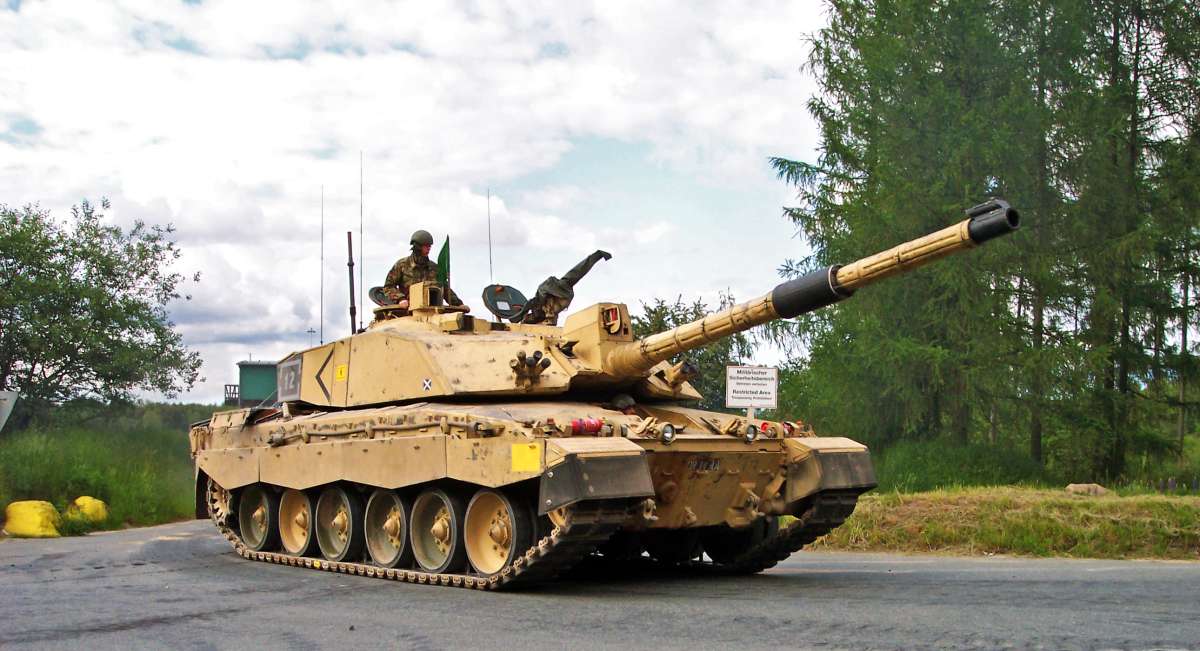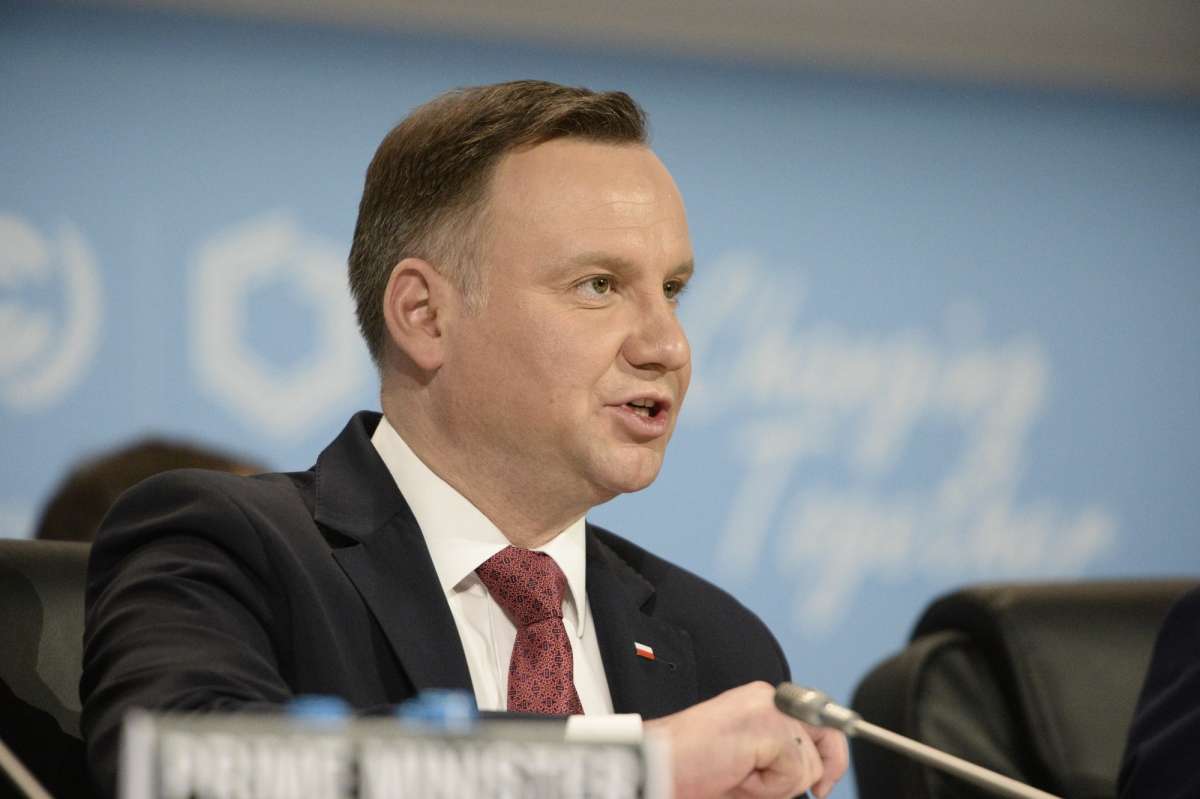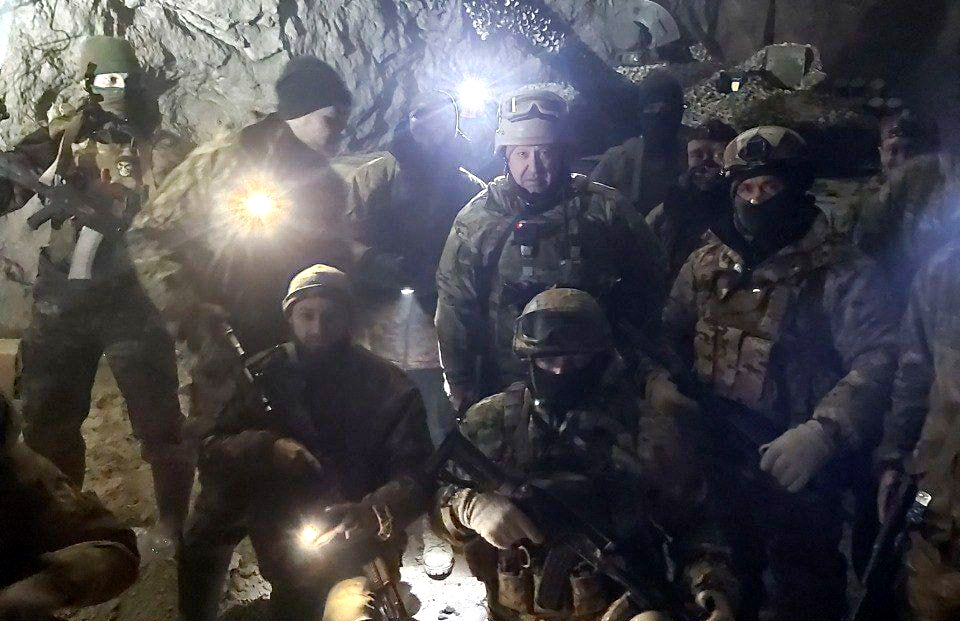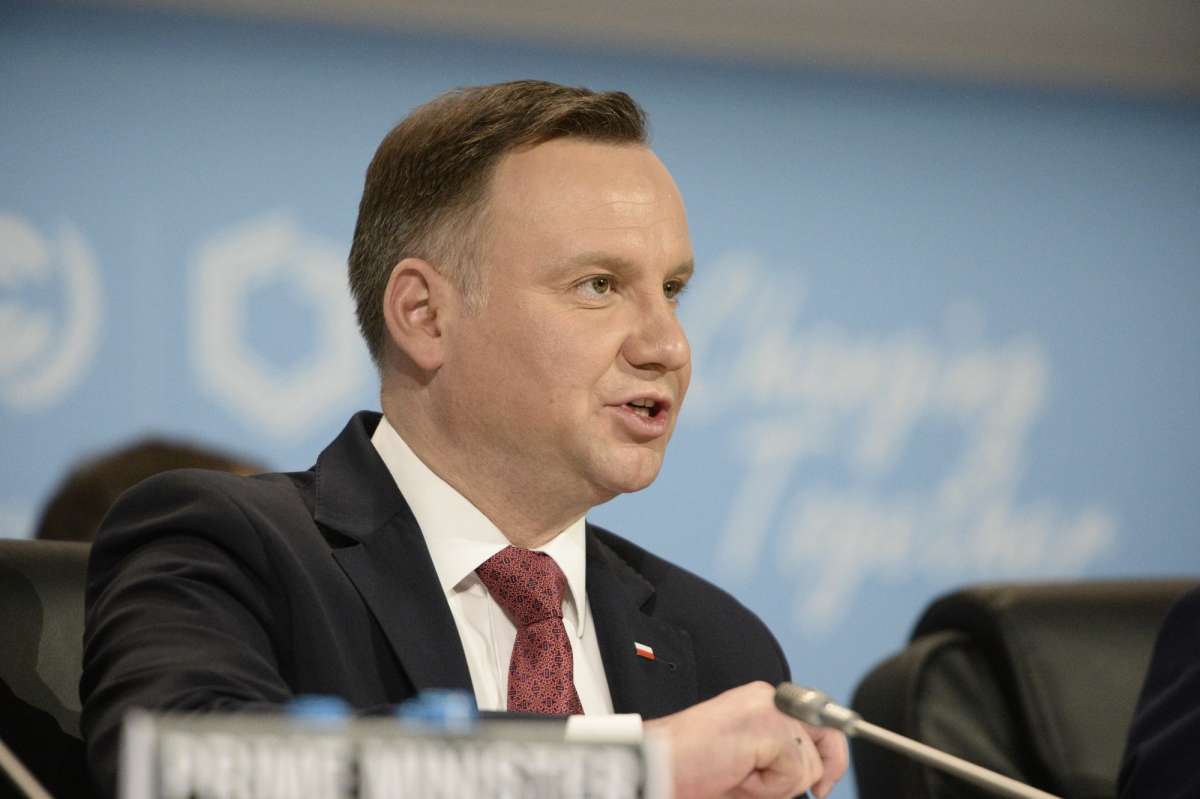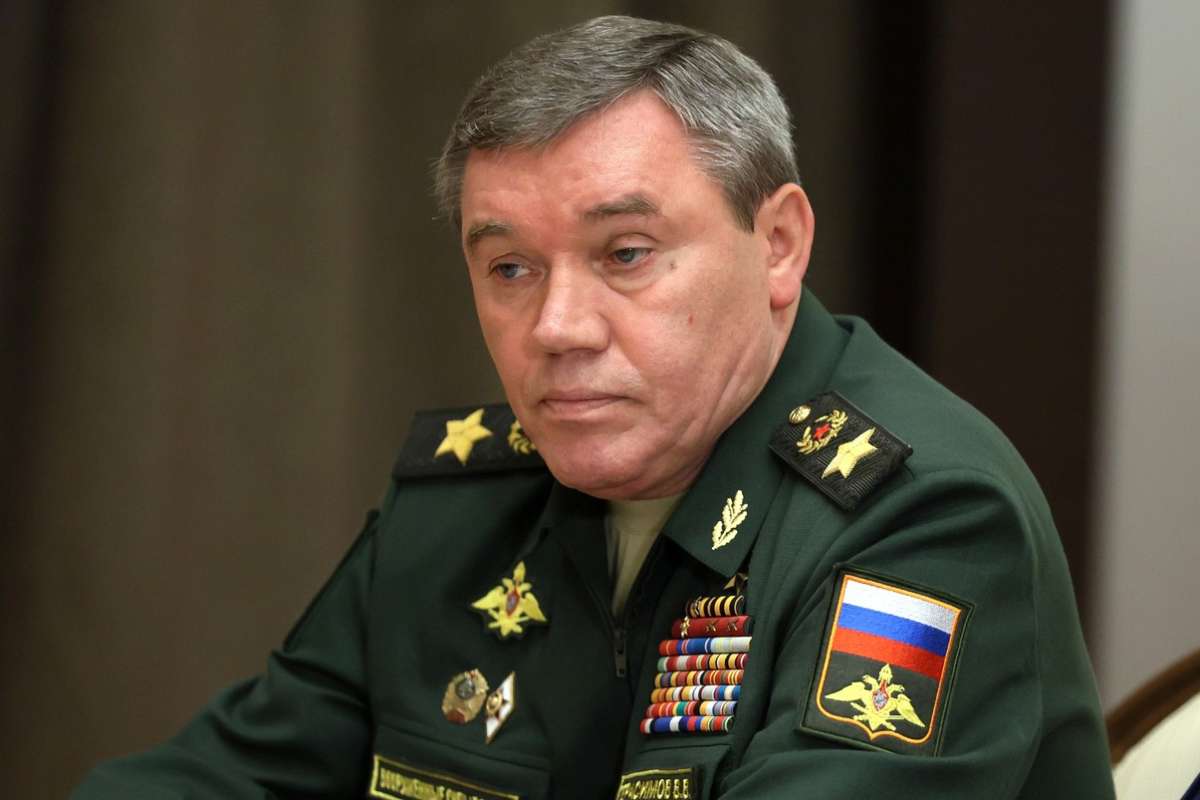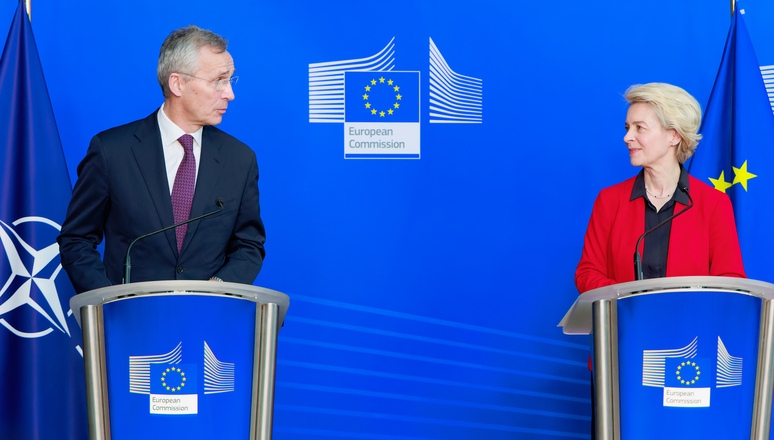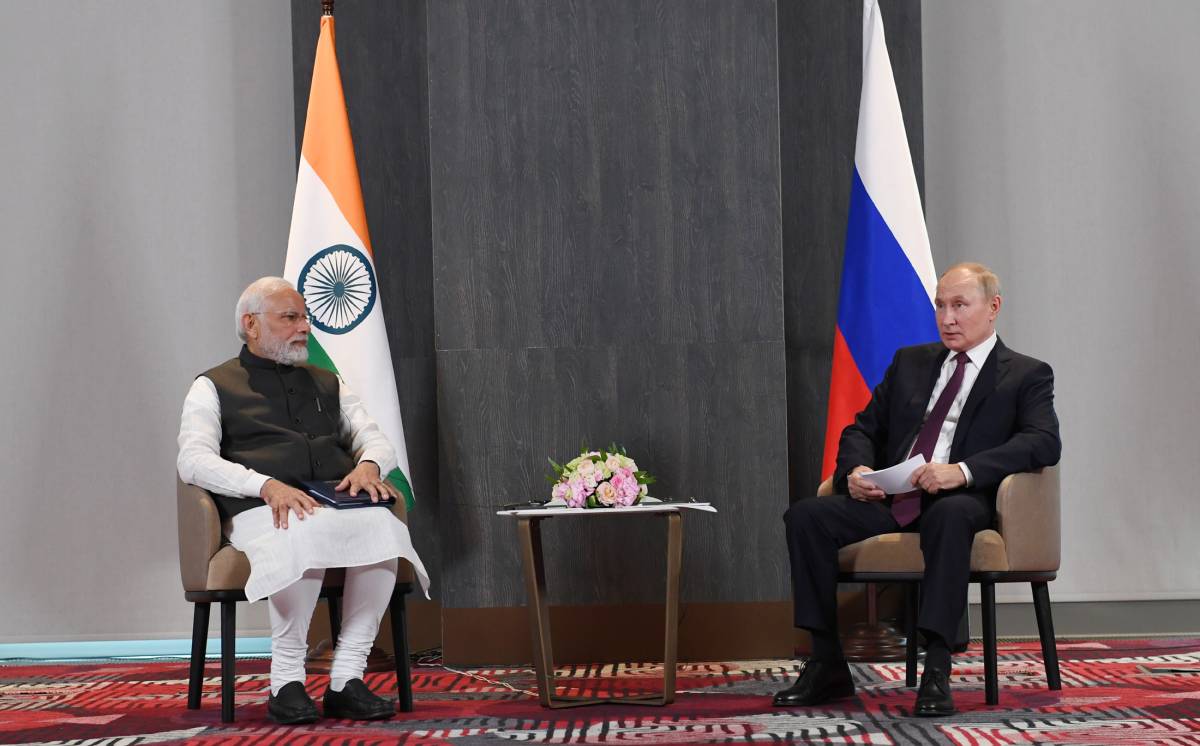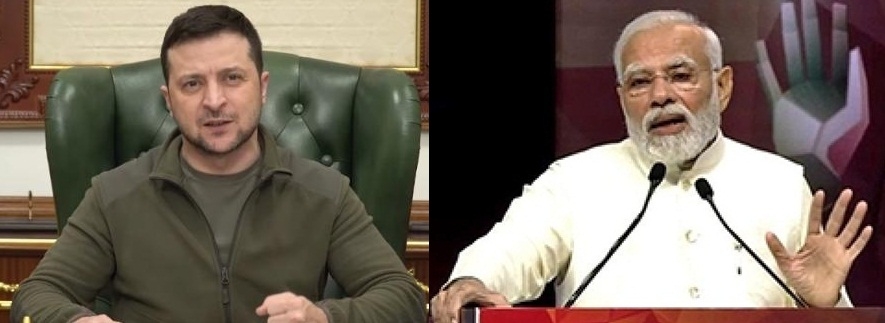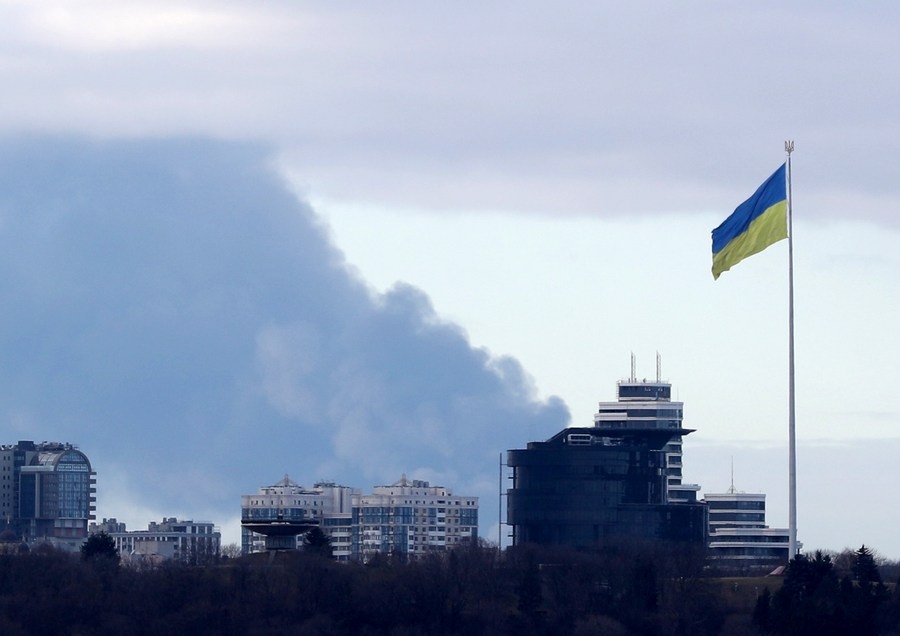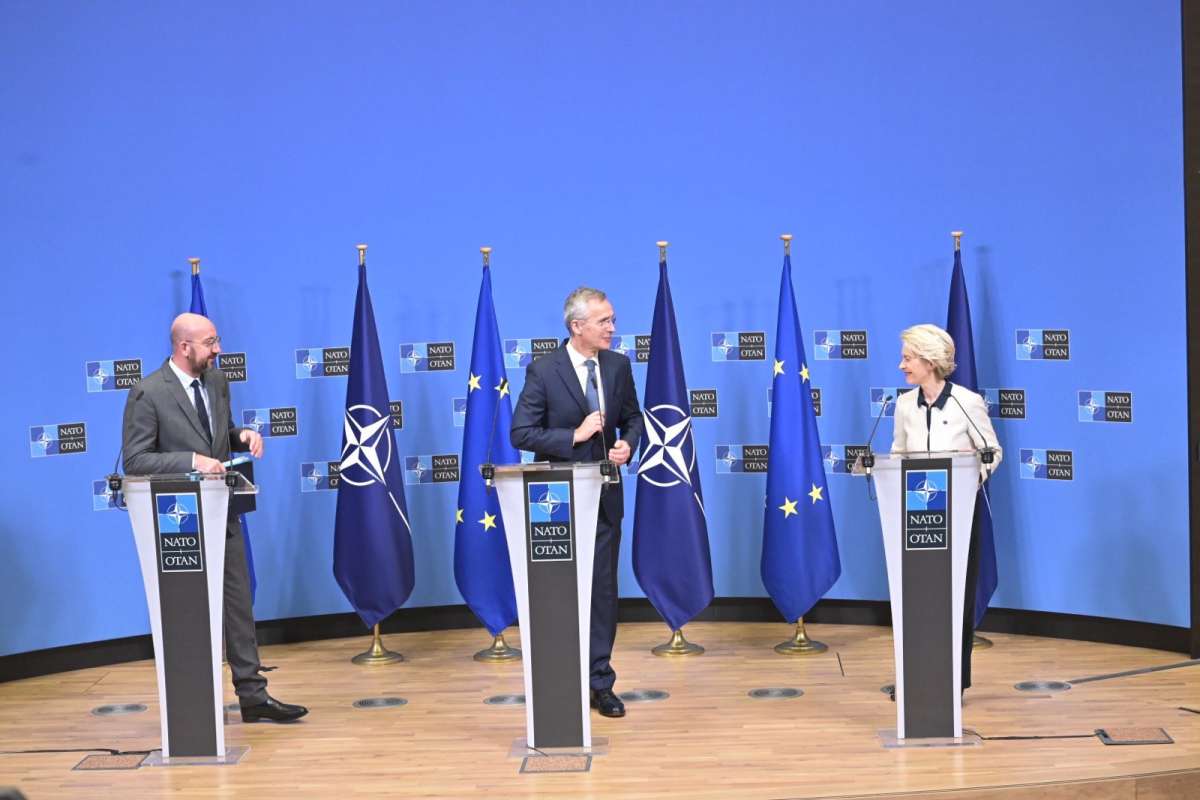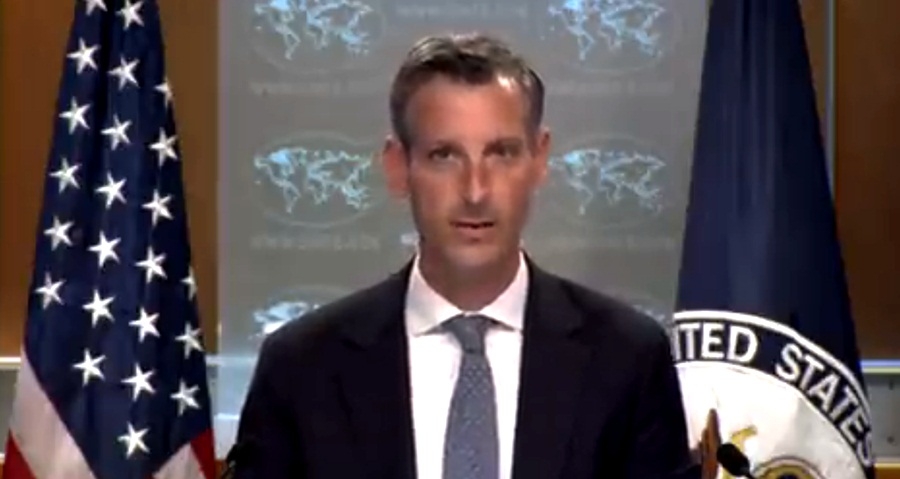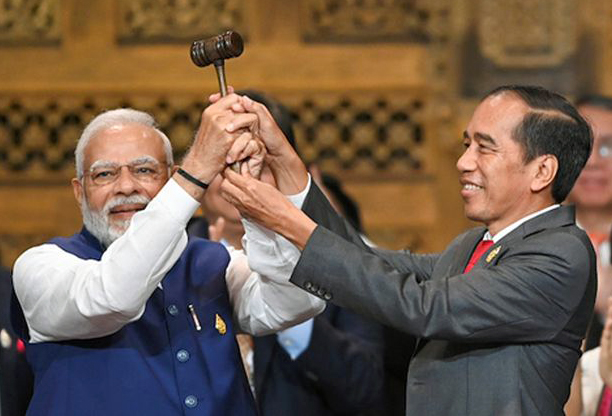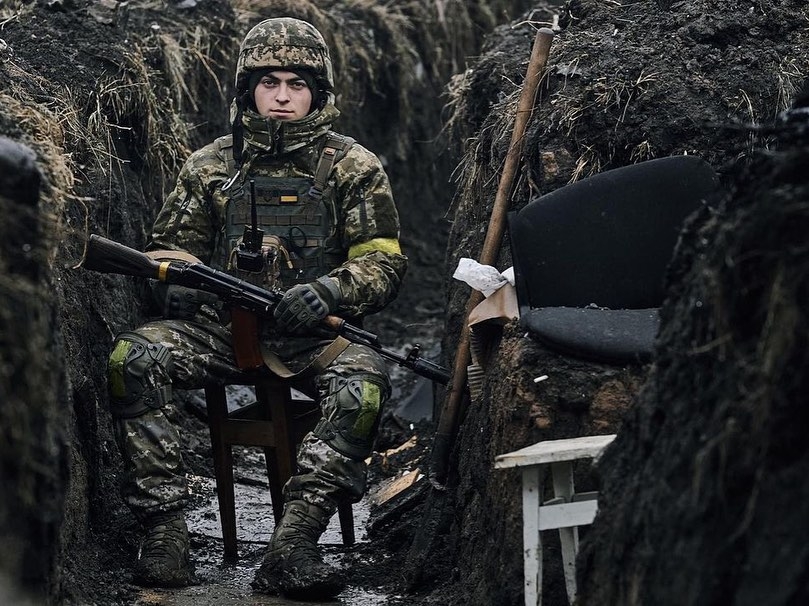The Russian Embassy stressed that Britain’s decision shows UK authorities “disdain” for the lives of Ukrainian citizens and its involvement in the conflict…report Asian Lite News
The Russian Embassy to the United Kingdom on Saturday warned that Britain’s plans to provide Challenger 2 tanks will only “intensify” the conflict between Russia and Ukraine.
The statement of the Russian Embassy comes after UK Prime Minister Rishi Sunak outlined Britain’s ambition to bolster its support to Ukraine, including through the provision of Challenger 2 tanks and other artillery systems. “Bringing tanks to the conflict zone, far from drawing the hostilities to a close, will only serve to intensify combat operations, generating more casualties, including among the civilian population,” the Russian Embassy to the UK said in a statement.
It further said, “Yet this, ironically, fully conforms to London’s objectives of prolonging the conflict. Hence the belligerent official rhetoric and the thorough disregard for the idea, voiced by Russia on several occasions, to resort to a negotiated settlement.”
The Russian Embassy stressed that Britain’s decision shows UK authorities “disdain” for the lives of Ukrainian citizens and its involvement in the conflict. It further said that the UK by providing Challenger 2 tanks will become “legitimate large-scale targets for the Russian forces.”
“In short, we are witnessing yet more proof of the UK authorities’ disdain for the lives of ordinary Ukrainians, as well as its ever-growing direct involvement in the conflict,” the Russian Embassy to the UK said in a statement.
It further added, “As for the Challenger 2 tanks, they will hardly help the Ukrainian military turn the tide in the field. Yet they will become legitimate large-scale targets for the Russian forces.”
The statement of the Russian Embassy comes after UK Prime Minister Rishi Sunak held a telephonic conversation with Ukrainian President Volodymyr Zelenskyy.
Sunak and Zelenskyy discussed the ongoing situation of war between Russia and Ukraine, the UK Prime Minister’s office announced in a statement.
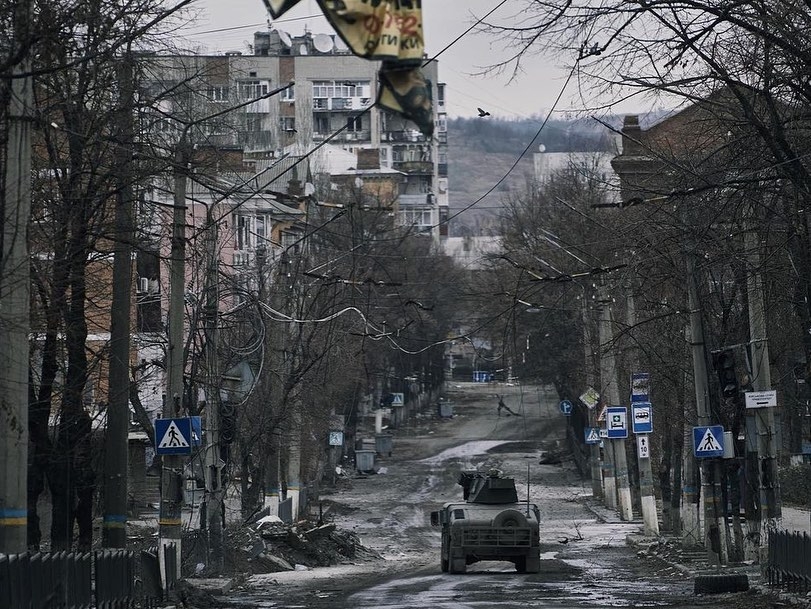
The two leaders agreed on the need to seize this moment with an acceleration of global military and diplomatic support to Ukraine. Sunak outlined the UK’s ambition to intensify its support for Ukraine.
The two leaders welcomed international commitments in this direction, including Poland’s offer to send a company of Leopard tanks. Sunak stated that he and the UK government will be working intensively with international partners to rapidly deliver support to Ukraine to take advantage and win the war.
“The Prime Minister outlined the UK’s ambition to intensify our support to Ukraine, including through the provision of Challenger 2 tanks and additional artillery systems,” the UK Prime Minister’s office said in a statement.
The Prime Minister and President Zelenskyy welcomed other international commitments in this vein, including Poland’s offer to provide a company of Leopard tanks. (ANI)

